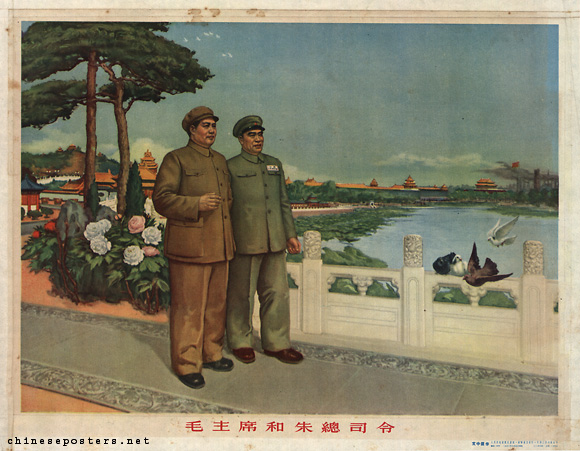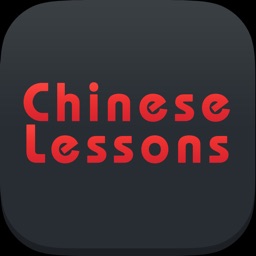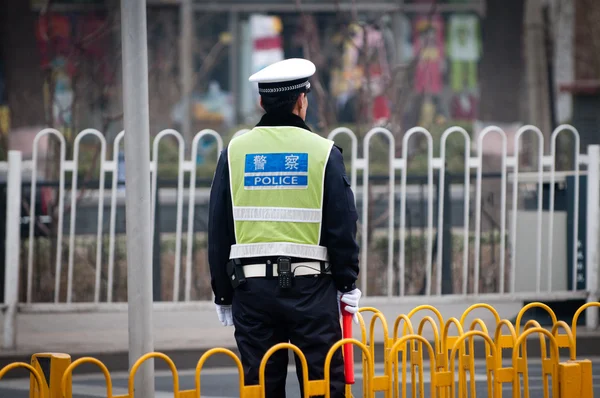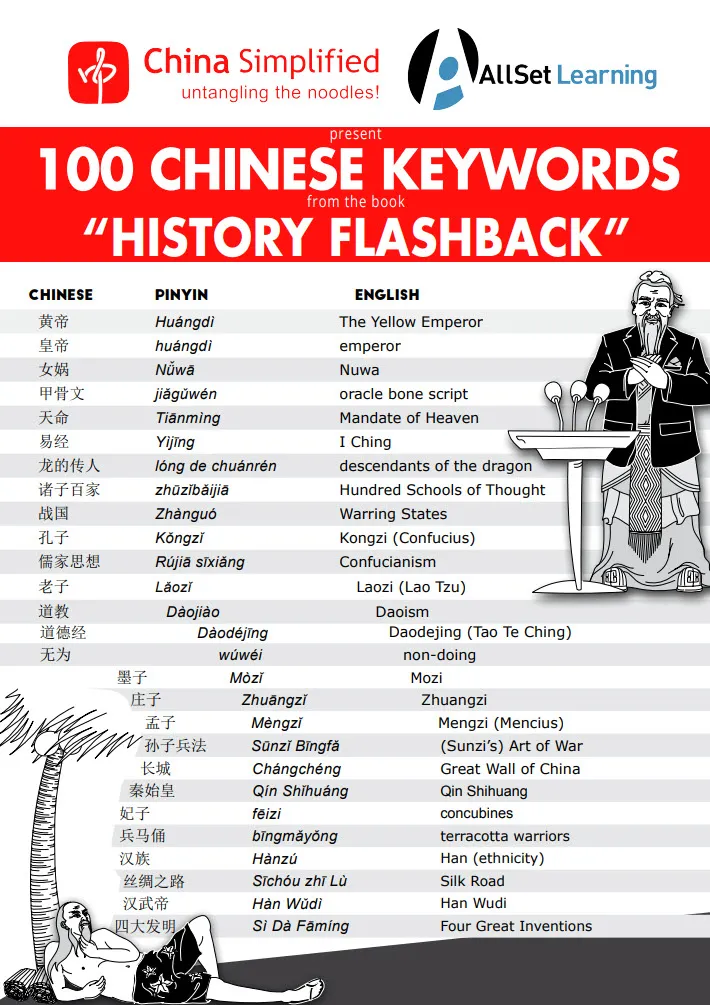It’s Communism Week at CRP. All this week, we’re learning Chinese through the lens of historical and modern CCP propaganda, speeches, stories, essays and songs.
It’s Communism Week at CRP. All this week, we’re learning Chinese through the lens of historical and modern CCP propaganda, speeches, stories, essays and songs.
Quick reminder: To maintain a polite, language learning-focused environment, political comments – positive, negative, or neutral – are not allowed, and will be deleted. Dinner table rules, please.
Zhu De (朱德 zhū dé) is an early Communist folk hero, and the founder of the People’s Liberation Army (解放军 jiě fàng jūn), also called the Red Army (红军 hóng jūn). He was applauded as a people’s general, and this popular revolutionary story – in which Zhu De helps his regiment carry grain (粮食 liáng shi) up a mountain on a carrying pole (扁担 biǎn dan) – shows his willingness to toil alongside the common soldiers. The story spawned many popular posters of him, like this one:
Zhu De is a revolutionary from the early days of Chinese Communism. For those who don’t know their CCP history: modern China was founded in 1949, but for the 20-odd years before that, the Red Army was fighting various wars for control of the country. Zhu De was instrumental in these wars, and after 1949, he became a key Party leader and politician. This story is set in the early days of the wars, in 1928. It’s crazy to think that Zhu De, who was born in 1886 and died in 1976, lived to be 90 years old, but spent three or four decades of his life doing nothing but fighting battles. Considering how many people died in those wars, or were purged in political upheavals afterwards, this guy was a real survivor.
Some language stuff
This is an example of a story that will look much harder on first glance than it actually is. That’s because some of the vocab is intermediate, but the sentence structure is beginner. The intermediate vocab is also used repetitively, so once you look up the tougher words, you’ll immediately have an opportunity to see them again in the text. The first two sentences are much rougher than the rest, because they’re almost entirely made up of intermediate words, so push through those and it’ll be easier going from there. If you break the sentences down patiently, and you are at HSK 3 or up, I promise you can get through this.
We have a few proper names here:
朱德同志 zhū dé tóng zhì – Comrade Zhu De
红军 hóng jūn – the Red Army
井冈山 jǐng gāng shān – Jinggang Mountain
We also have some military words:
队伍 duì wu – troops
敌人 dí rén – enemy
战士们 zhàn shì men – soldier
打仗 dǎ zhàng – to fight a war
Another word that comes up quite a bit is 粮食 liáng shi – Also just 粮 liáng. This is a general term for “grain”, could be wheat, rice, millet, oats, or whatever.
And one phrase that might be a little hard to understand:
争着去 zhēng zhe qù – 争 means “to fight” or “to struggle”, 着 is a present-tense grammar word, and 去 means “go” or “leave”. At first glance, 争着去 looks like it means “fighting in order to leave someplace”, but it’s not. In this case, it’s describing a group of people pushing and shoving to be the first to volunteer to go somewhere. Imagine a group of soldiers asked to undertake a hard mission – one person says, “I’ll go!” and someone else says, “No, choose me, I’ll go!”. This is 争着去.
Want something easier?
Du Chinese has a big catalog of easy HSK 1 and HSK 2 texts for ultra-beginners. There are quite a few free practice lessons, but CRP readers get 10% off on paid accounts using the discount code CRP10.
朱德的扁担
1928年,朱德同志带领一支红军队伍到井冈山。山上是红军,山下不远就是敌人。
井冈山上粮食不多,常常要派一些人到山下的田园去挑粮。井冈山离田园很远,山高路窄,非常难走。可是每次挑粮大家都争着去。
朱德同志也跟战士们一起去挑粮。他穿着草鞋,挑起满满的一担粮食,跟大家一起爬山。白天挑粮,晚上还常常整夜整夜地学习怎样跟敌人打仗。大家觉得他要做的工作太多,就把他那根扁担藏了起来。可是朱德同志又找到了一根扁担,写上“朱德扁担,不要拿走”八个大字。大家见了,更敬爱朱德同志,不好意思再藏他的扁担了。




